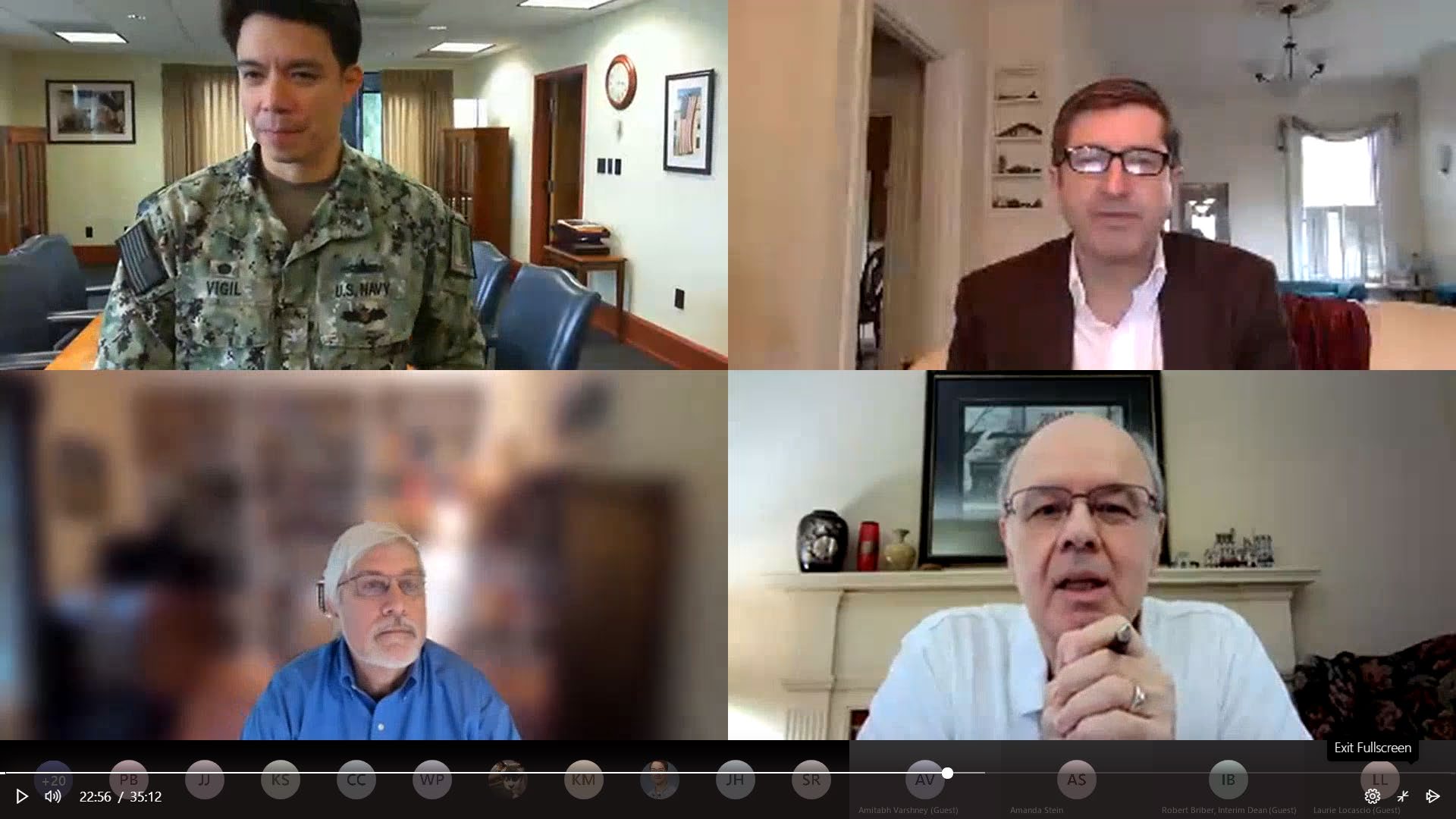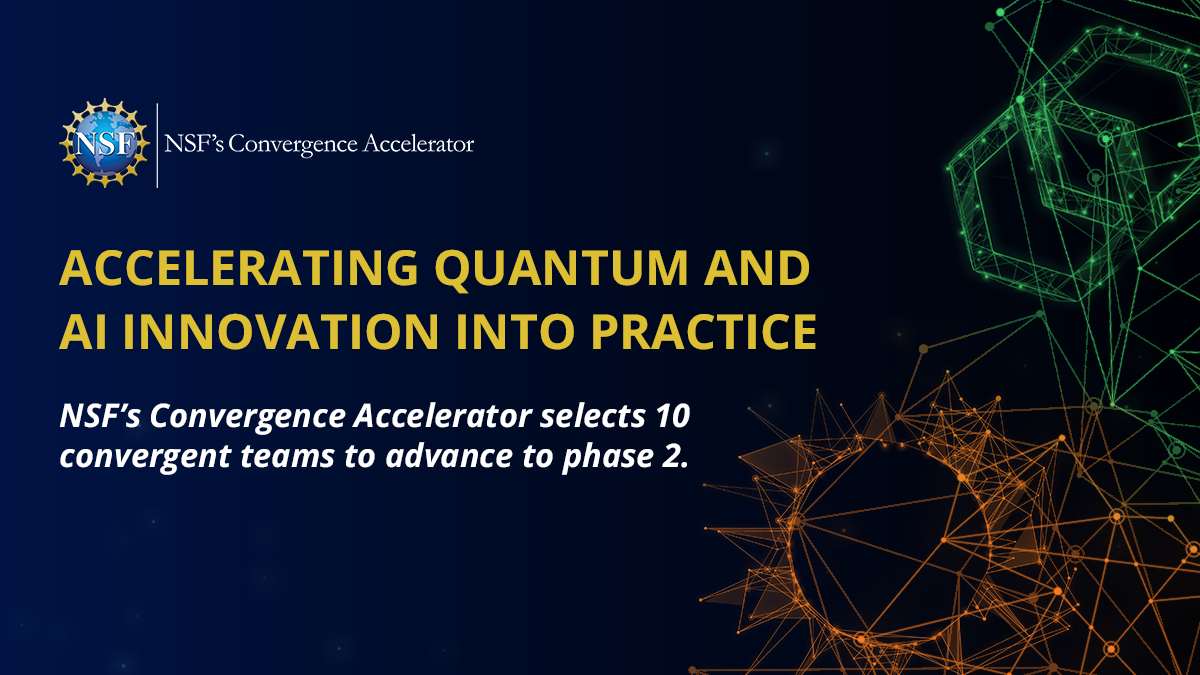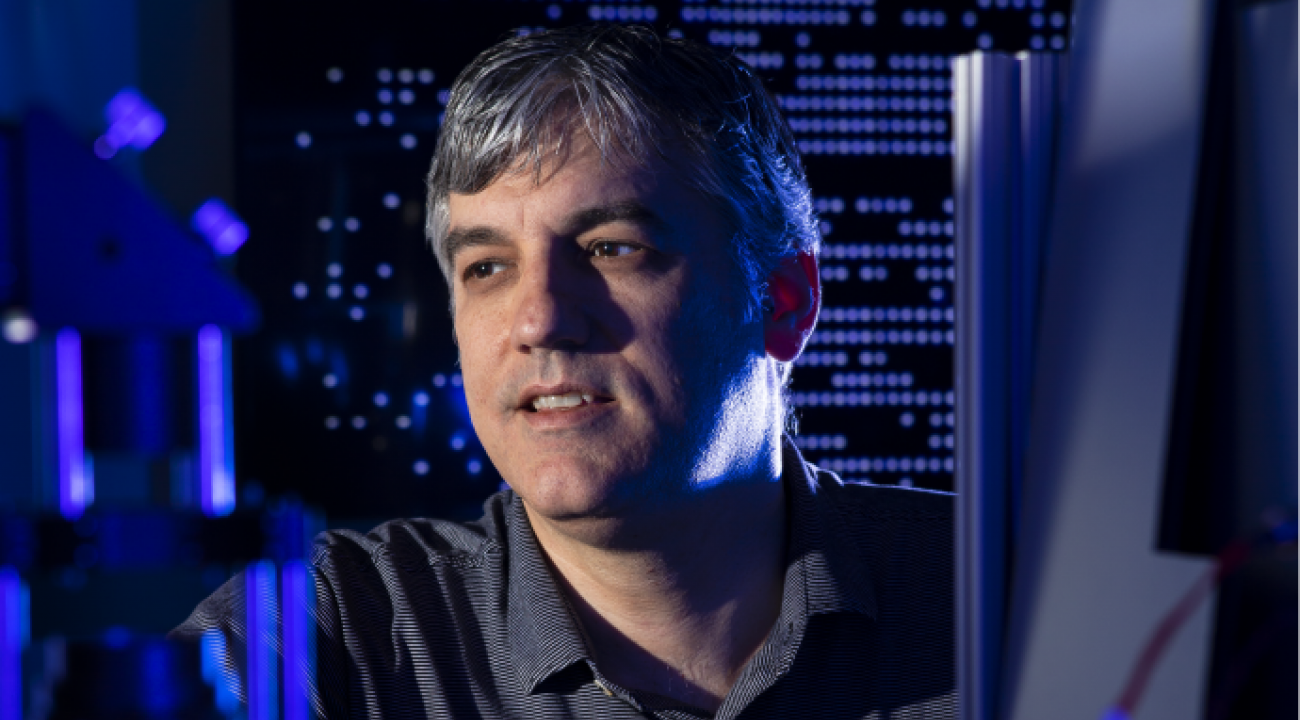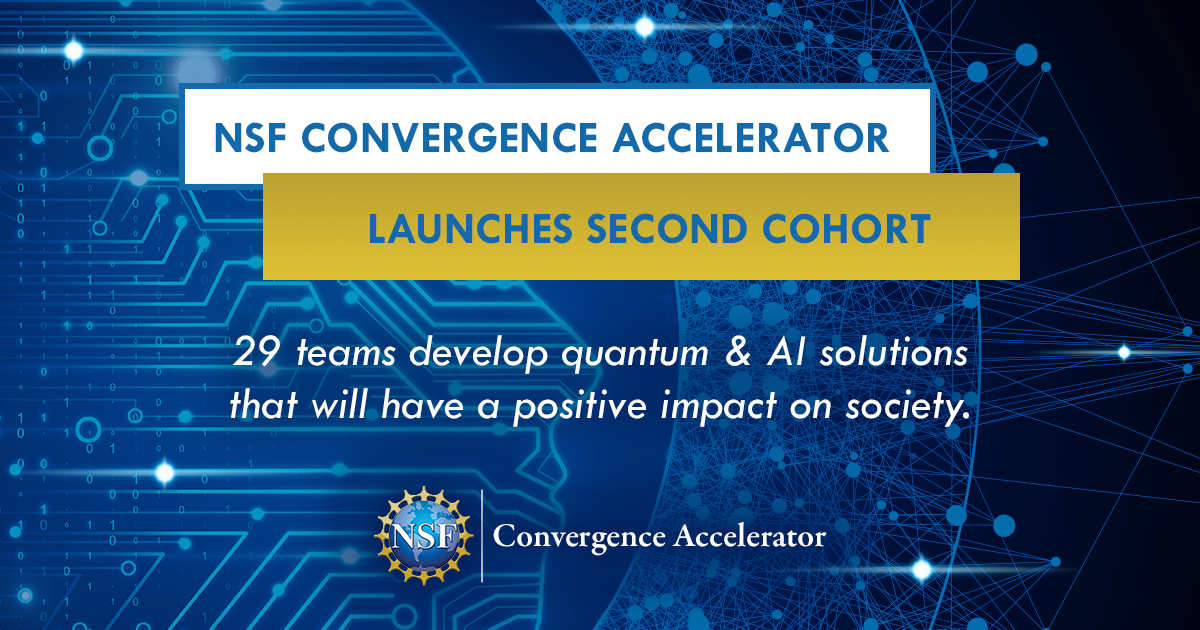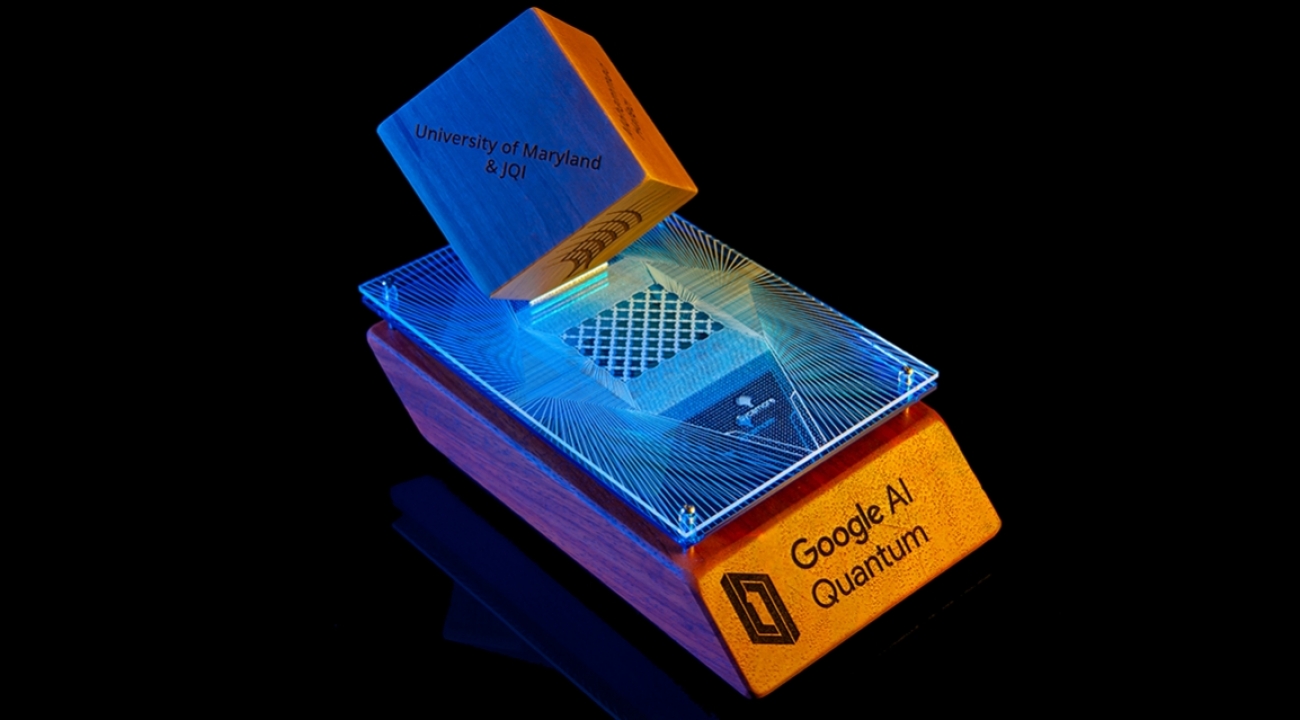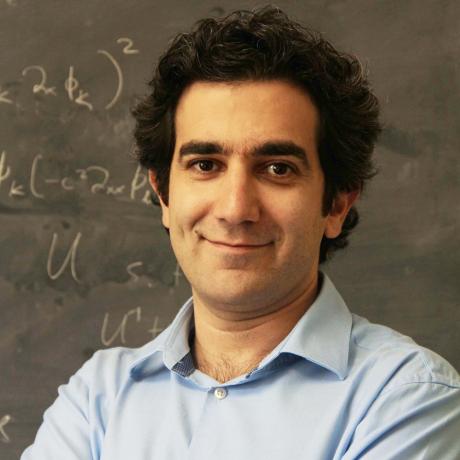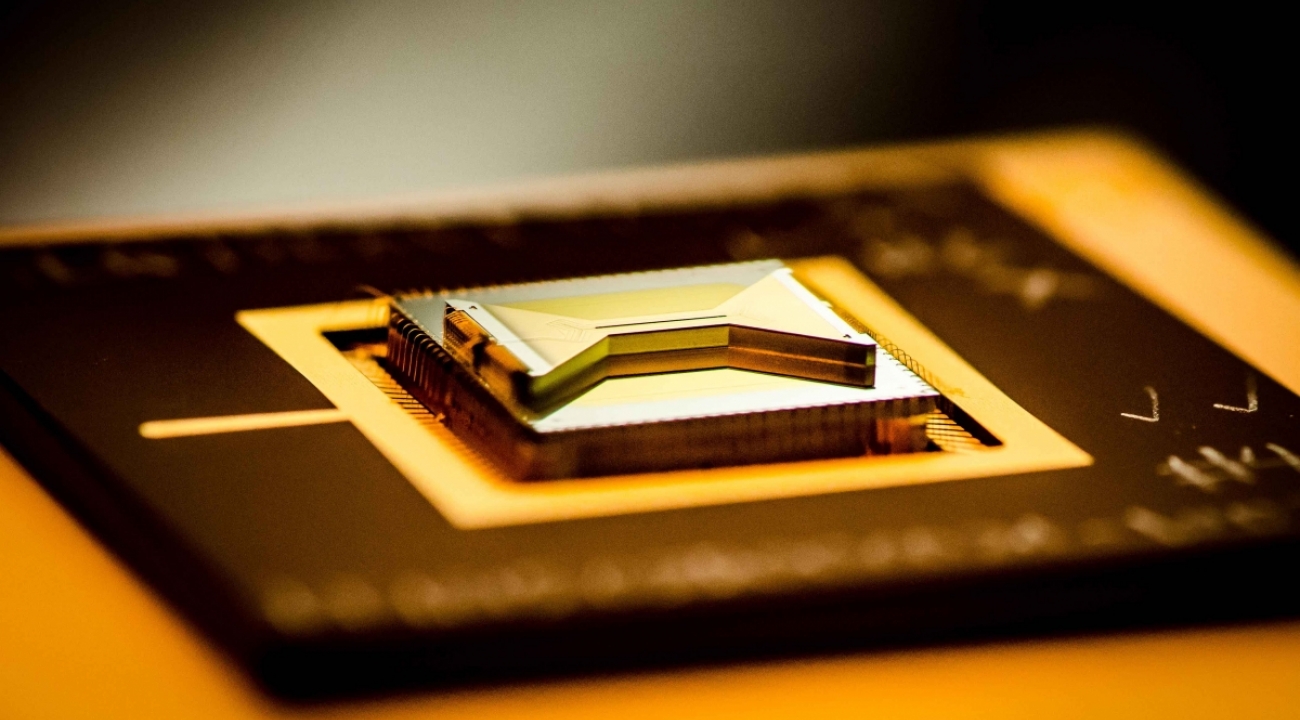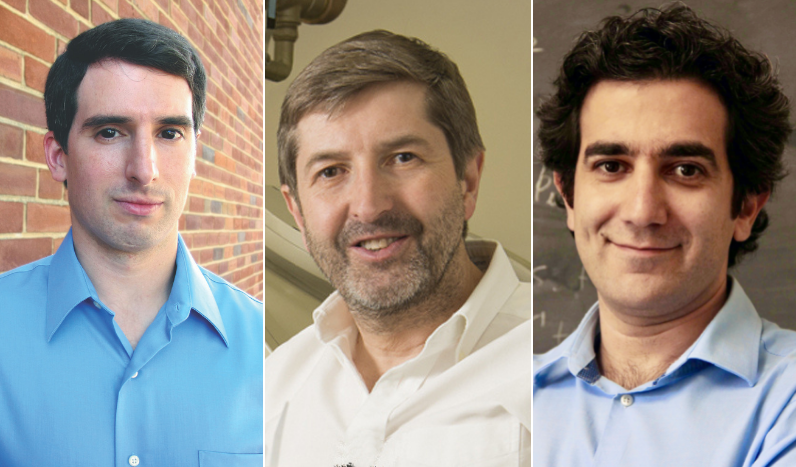News Story
Waks Awarded NSF Grant to Study Quantum Noise-Canceling Techniques
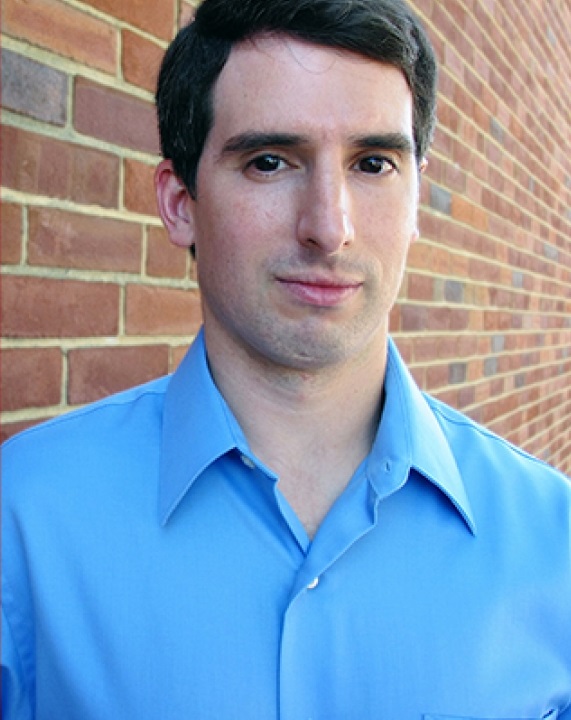
Professor Edo Waks
Professor Edo Waks (ECE/JQI/IREAP/QTC) has been awarded a three-year, $454,894 National Science Foundation (NSF) Grant as Principal Investigator to study “Optical Coherent Control of Quantum Dot Spin for Ultra-Fast Quantum Information Processing.” The program is a collaborative NSF US-Israel Binational Science Foundation (BSF) project, which combines the expertise of the Waks group of The University of Maryland in quantum dot spectroscopy, with that of the Bar-Gill group of The Hebrew University of Jerusalem in noise spectroscopy and coherent spin control.
This program seeks a more complete understanding of the interaction between quantum dots—which can trap single electrons and act as quantum memories—and the nuclei of atoms in the underlying substrate. Armed with this better understanding, the researchers hope to improve the lifetimes of quantum dot qubits by using a technique called dynamical coherent control. This approach rapidly manipulates the qubit spin, decoupling it from noise sources on different timescales. Success of this program could enable a new generation of chip-integrated quantum devices that can efficiently store and transmit quantum information over long distances.
To achieve the program goals, the collaborative team will combine state-of-the-art noise spectroscopy and dynamical decoupling with nanophotonic engineering. They will develop a novel scheme to control spin with light that is dynamically modulated. This approach will enable them to apply complex rotation sequences composed of thousands of pulses, a significant improvement in complexity over previous state-of-the-art. “By decoupling spins from their noise environment, we could potentially extend the life of a quantum memory by three orders of magnitude,” said Waks.
The research program ultimately aims to develop scalable semiconductor-based quantum technology, which could enable exponentially faster quantum computers and quantum communication networks operating at unprecedented speeds.
Published September 24, 2019
